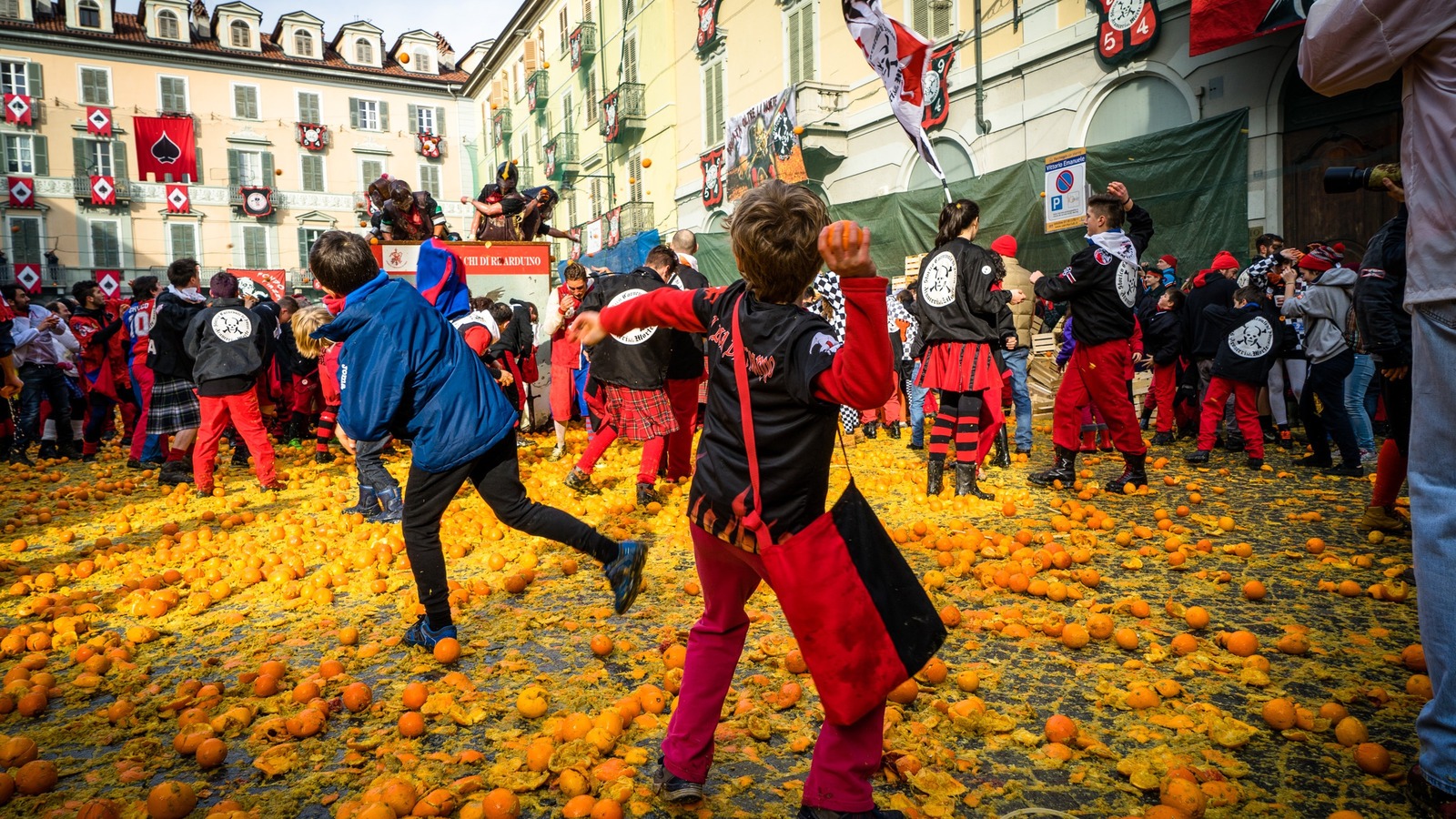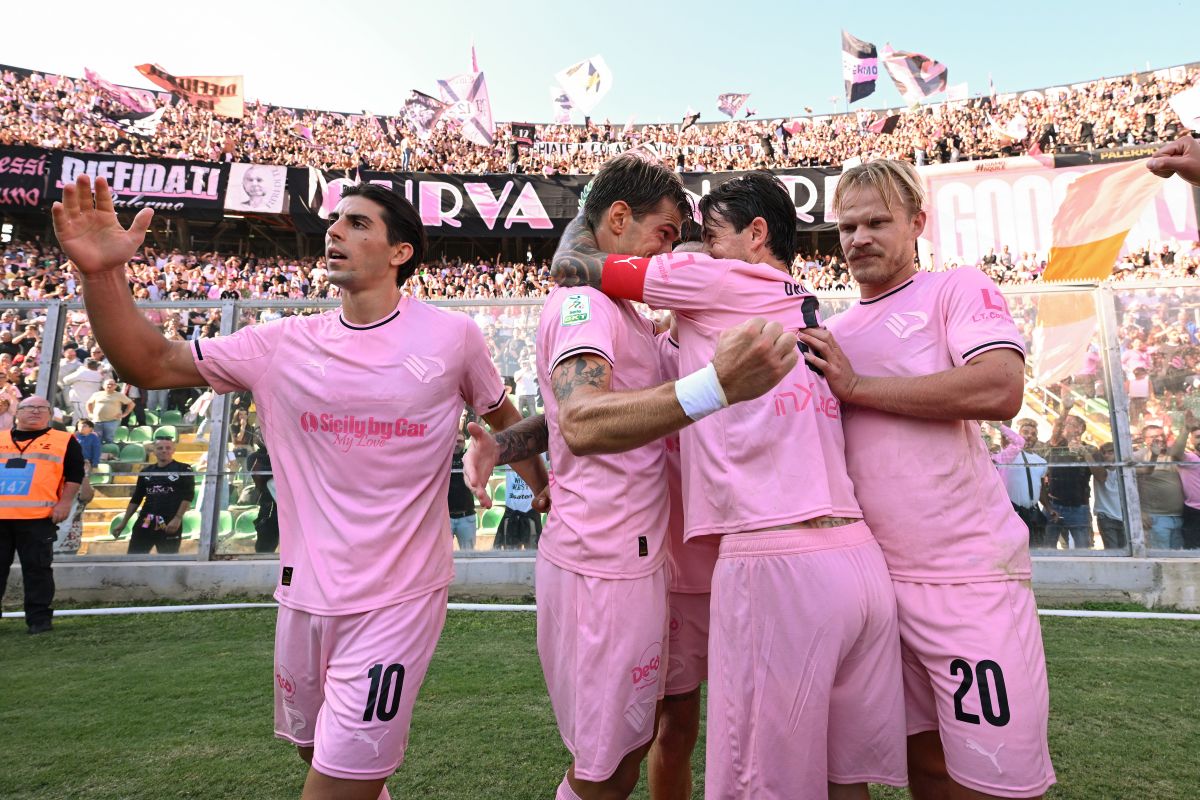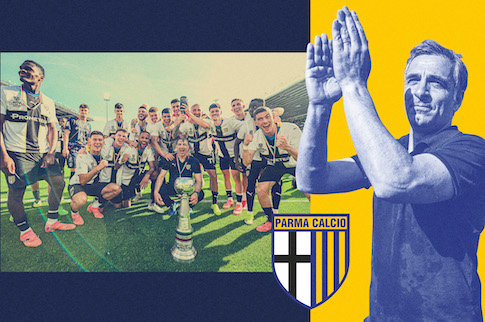
EXCLUSIVE: Fabio Pecchia on Coaching Under Rafa Benitez, Learning From Marcello Lippi and Taking Parma Back to Serie A
By Dan Cancian
Hardly anyone of a black and white persuasion remembers Rafael Benitez’s first three months at Newcastle with any fondness.
The Magpies were a point away from safety when the Spaniard arrived on Tyneside in March 2016, but could not avoid relegation despite ending the season on a six-game unbeaten run.
It was a brutal return to English football for Benitez, who steered Newcastle back into the Premier League at the first time of asking the following season.
But Fabio Pecchia has great memories of his adventure in England.
“I’ll always be thankful to Rafael Benitez,” the Parma manager tells Destination Calcio.
“He gave me such an incredible opportunity to join him in England. Newcastle are such a historic club with such an incredible fan base.
“Working in the Premier League was fantastic.”
Pecchia, who left Newcastle after their relegation, also worked as Benitez’s assistant at Napoli and Real Madrid, two stops on a tour that took him all the way to Avispa Fukuoka in Japan’s second division.
And the former Napoli and Juventus midfielder is an outspoken advocate for players and managers leaving their home comforts.
“Being abroad was fantastic. Those experiences broadened my horizons and have stayed with me,” he reflects.
“I was used to seeing typical Italian things and thinking like a typical Italian, but coming face-to-face with different cultures is incredibly enriching, both from a football and personal perspective.”
“It has definitely helped me a lot with the young players I’ve managed at Juventus (where he managed the Next Gen team) Cremonese and Parma.”
“I have worked with young players from different cultural backgrounds, with different habits, who speak different languages. Because of my experiences abroad, I feel I can understand them better.”
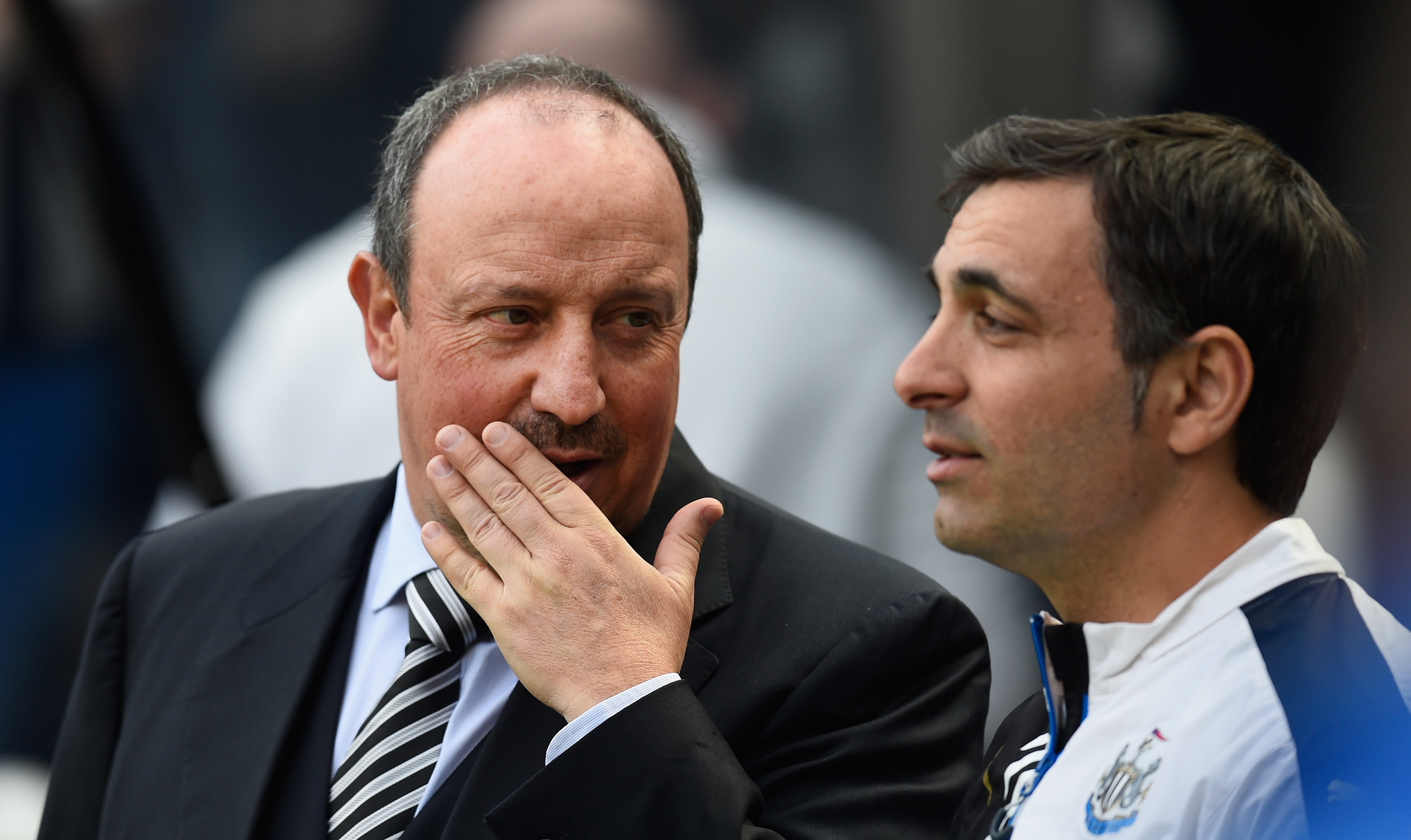
If working abroad complemented Pecchia’s football education, the 50-year-old cites three of Italian football’s most famous managers as the most influential figures in his careers.
A veteran of 337 Serie A appearances, he established himself at Napoli under Marcello Lippi, whom he then joined at Juventus in 1997.
A year earlier, Pecchia was part of the Italy Under-21 team that won the European Championship under Cesare Maldini for an unprecedented third consecutive time.
It was a star-studded Azzurrini side, including his then-Napoli teammate Fabio Cannavaro, Alessandro Nesta, Francesco Totti and Christian Vieri.
“Marcello Lippi was crucial in my development as player and as manager, as he had a very particular and very direct way of managing his players. It was a great learning curve for me,” he explains.
“[Cesare] Maldini was a completely different kind of manager as was [former Inter Milan manager Luigi] Simoni, with whom I shared a deep relationship beyond football.
“He has taught me a lot in terms of man-management and how to deal with the challenges football throws at you as a manager.”
How Pecchia made Parma “a happy place”
The mentee is now the mentor as Pecchia leads Parma into their first Serie A campaign in three years.
After losing to Claudio Ranieri’s Cagliari in the Serie B play-offs in 2023, the Ducali stormed to the title last term, losing just four of their 38 matches.
“We managed to combine winning with playing great football,” says Pecchia, whose three-year deal runs out at the end of the season.
“We gave our fans something to be happy about and Parma, as a city, wrapped itself around the team. Come the end of the season, Parma was a happy place.”
On the pitch at least, Parma had seldom been a happy place since the club went bust in 2015.
In itself that was only the culmination of over a decade of financial turmoil which began in 2003 when Parmalat – the club’s then-majority shareholder – collapsed with a £13bn hole in its accounts in what remains Europe’s biggest bankruptcy.
Only a year earlier, Parma had lifted the Coppa Italia, their eighth major trophy in 11 years in an astonishing run that included four European trophies in six seasons.
Parma proudly remains Italian football’s fourth-most successful club in European competitions behind AC Milan, Inter Milan and Juventus.
The Ducali may not be close to their 1990s glory days but, as Pecchia admits, neither is Serie A.
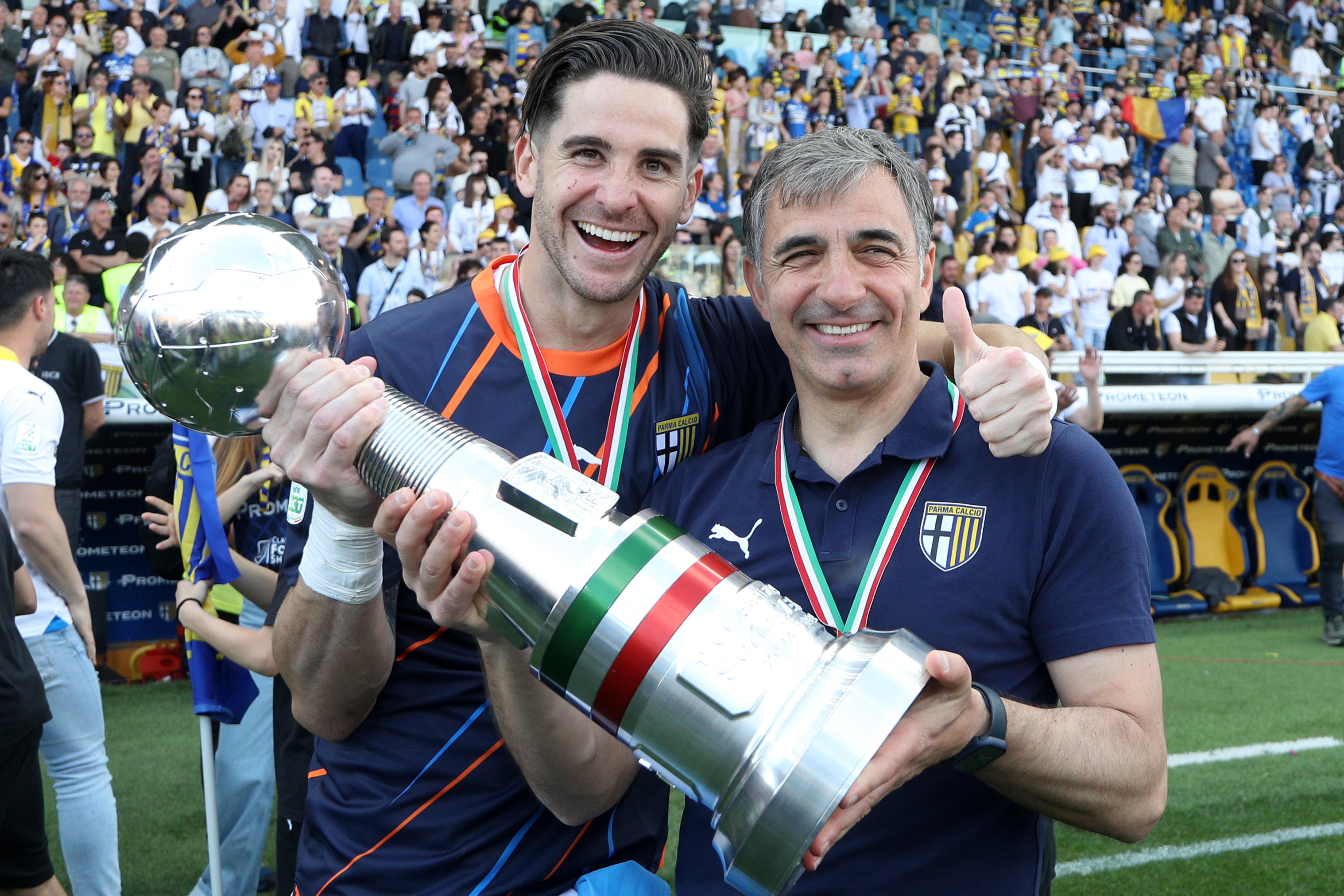
“A number of countries have improved dramatically since Serie A was the best league in the world,” he concedes.
“When I played, the Premier League was seen in a completely different light to the commercial and financial behemoth it has developed into now.
“The same goes for the Bundesliga. Serie A has some catching up to do.”
Serie A may have lost some of its shine, but Parma’s reward for returning to the top-flight is a trifecta of opening fixtures sure to leave Football Italia enthusiasts misty-eyed.
Pecchia’s men drew 1-1 in the opening game of the campaign against Fiorentina, host AC Milan on Saturday and then face Napoli at the Maradona.
It is hardly the dream start for a newly-promoted side, but Pecchia relishes the challenge.
“Fiorentina, as it’s the first game of the season. Then AC Milan and then Napoli,” he replies when asked which fixtures he has circled in red on his calendar.
“We’re a young team about to be tested in a highly competitive league, but the message to my players is to embrace the challenge and play the hand we’ve been dealt.”
Parma’s emphasis on youth is central to Pecchia’s football
The emphasis on youth has been one of the key tenets of Kyle Krause’s ownership, since the American millionaire became the club’s majority shareholder three years ago.
The days of Parma signing Gianfranco Zola, Faustino Asprilia, Hristo Stoichkov, Lillian Thuram, Fabio Cannavaro and Hernan Crespo are long gone.
But Pecchia has bought into the club’s youth policy with enthusiasm, with only five players older than 29 currently on Parma’s books.
Australia international Alessandro Circati and striker Ange-Yoan Bonny are both 20, while Spain international Adrian Bernabé and Poland winger Adrian Benedyczak, who scored 11 goals last season, are both 23.
“The suggestion that teams should be looking for experienced young players is nonsensical,” Pecchia explains.
“Young players can only develop experience by playing football week in, week out. They are enthusiastic, and I’d rather the exuberance and devil-may-care attitude of youth, than the overthinking that often comes with experience.”
As someone who has played and worked with some of the greatest footballers of the past three decades, do young players look to draw on Pecchia’s experiences?
“Some of them are very curious about how the likes of [Zinedine] Zidane, [Alessandro] Del Piero and players at Real Madrid, Newcastle and [Gonzalo] Higuain, [Marek] Hamsik and [Lorenzo] Insigne trained,” he explains.
“It offers them a concrete example on how to deal with the challenges they’re facing.”
Parma’s return to Serie A cemented their manager’s reputation as a promotion specialist, after he took Verona and Cremonese to the Italian top-flight in 2017 and 2022.
The challenge for him now is to turn Parma from the team to beat into a team capable of surviving.
Can it be done? Unsurprisingly, for Pecchia the answer is yes.
“From a physical, technical and tactical standpoint, the demands in Serie A will obviously be different, but the way we approach every game should not and will not change,” he says.
“We’re going out there to have fun, play our brand of football and win.”
Related Articles
Related Articles
Football rivalries, world-class sport, surreal carnivals, and a tradition you won’t find anywhere else. Five events to catch in February.
In the latest edition of My Town, My Team, Napoli fan Alex told us why everybody should visit Naples at least once.
Sampdoria against Palermo at the Stadio Luigi Ferraris is just one of the standout matches to be shown live on Destination Calcio TV.


